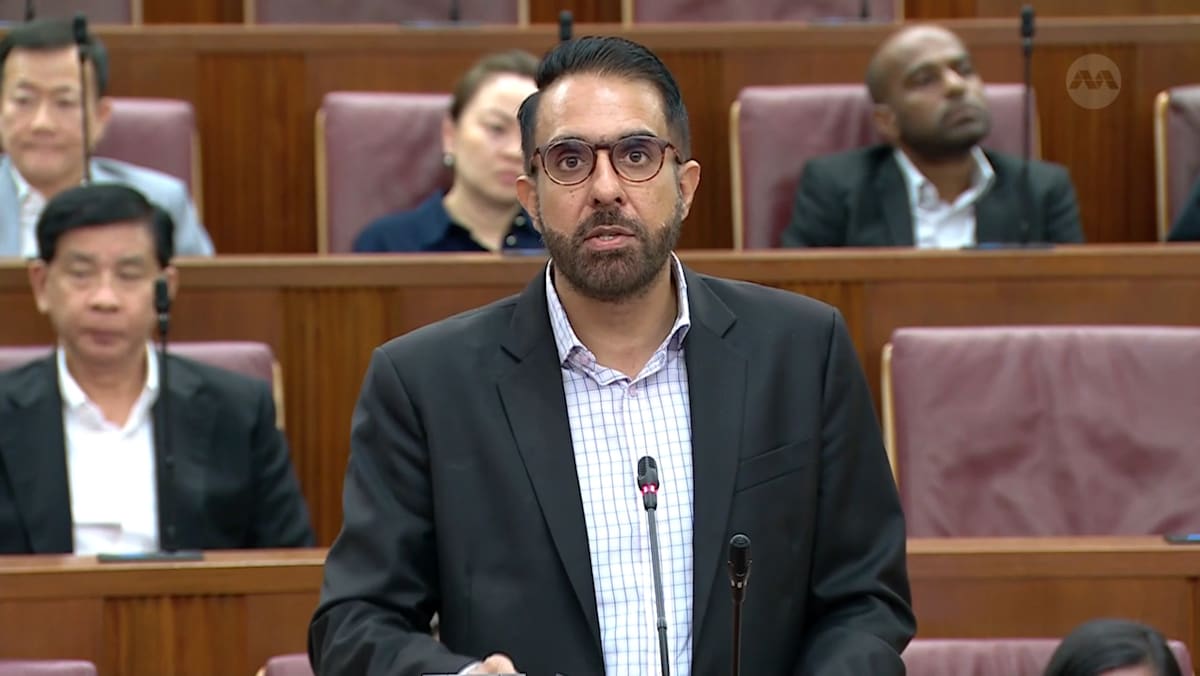A “STRONG NUDGING EFFECT”
During his speech, Mr Singh also laid out his party’s priorities.
“Five years ago, at the opening of parliament then, I said that the Workers’ Party will chart an independent path and fulfil its duty as a loyal opposition,” he said.
“Our loyalty is to the people and to the nation, and this term, fidelity to the three key functions of Parliament – to make laws, to check on the government and to scrutinise the state’s finances – will come into distinct focus.”
While some think that WP Members of Parliament (MPs) are trying to “embarrass the government” by asking questions, the party does not see it that way, said Mr Singh.
“Checking the government is a function of system design. This is something our early leaders understood, and is an essential feature of the Westminster system we adopted from the British.
“To borrow an old tech phrase – questioning the government in parliament is a feature, not a bug,” he added.
“Embracing this feature will be an important priority for the Workers’ Party in this term of parliament. Where alternative proposals and improvements to existing policies need to be raised, we will raise them accordingly.”
Following the last general election, the WP’s overall parliamentary presence, including its Non-Constituency MPs (NCMPs), has grown to 12 seats, the largest in its history.
Mr Singh added that his party will not file parliamentary questions to “rack up numbers”.
“Every question we ask is one that needs asking, especially since the opposition does not receive any special government briefings, unlike the PAP MPs, and neither are there parliamentary select committees to scrutinise the work of the various ministries when parliament is not in session,” he said.
“We believe that the prospect of the opposition raising issues in parliament has a strong nudging effect in getting the issues recognised and addressed by the government.”
